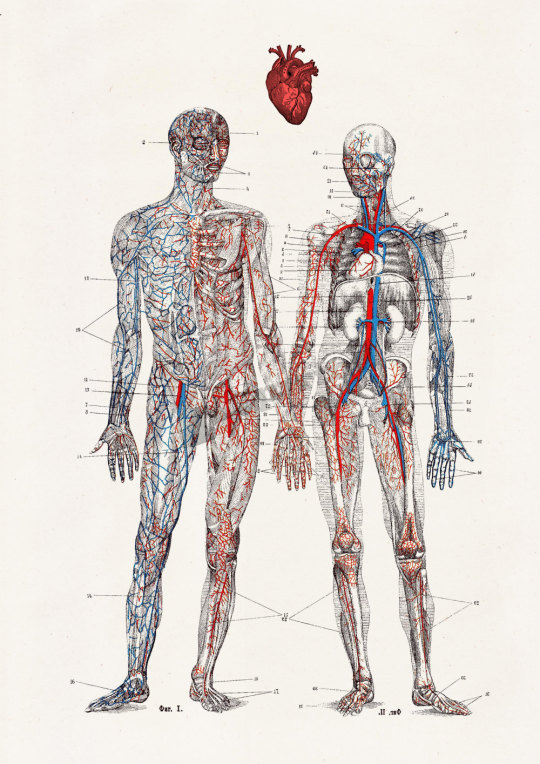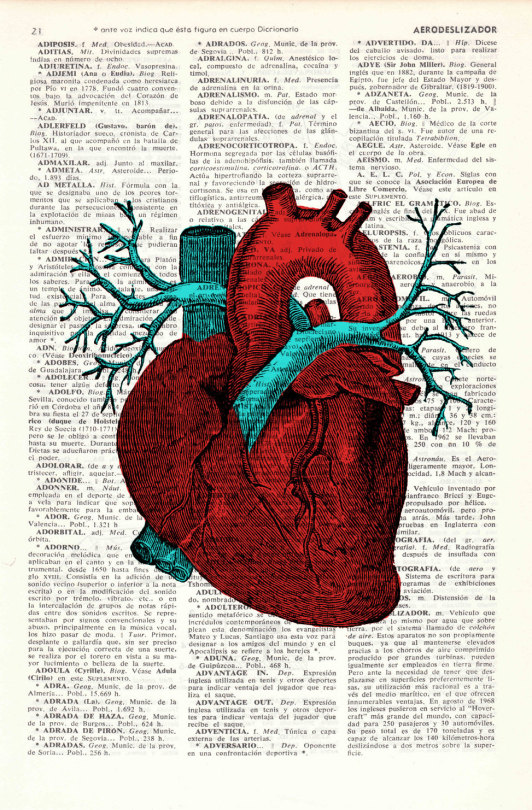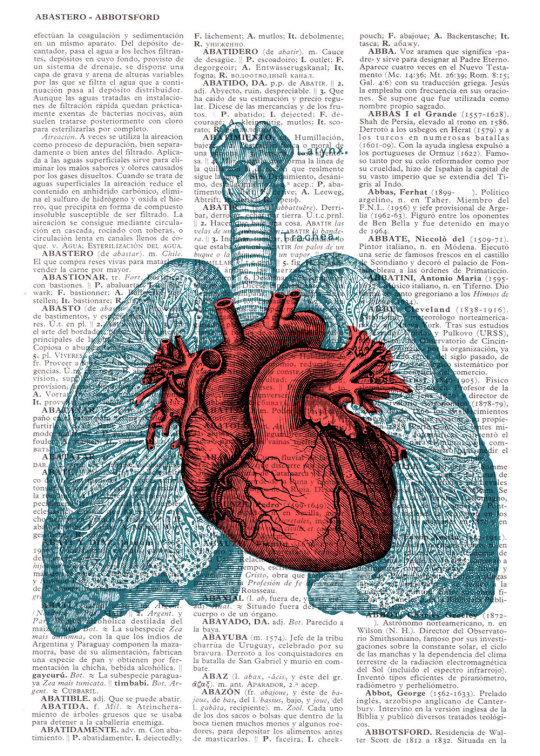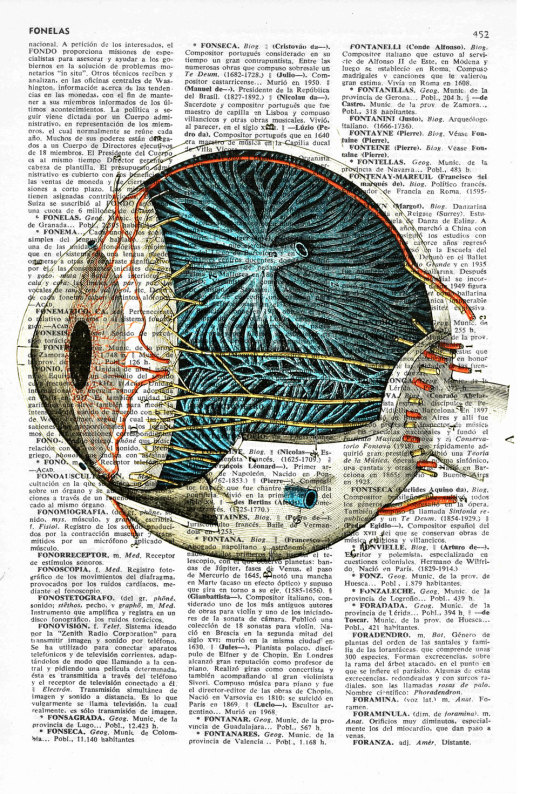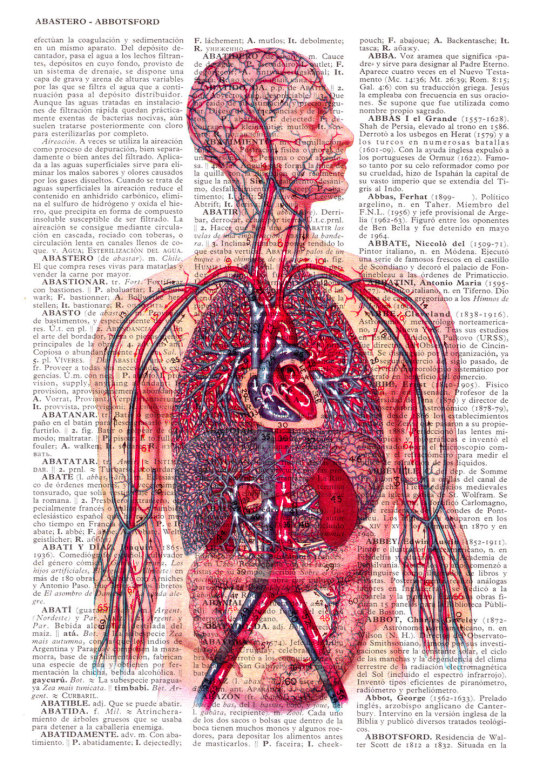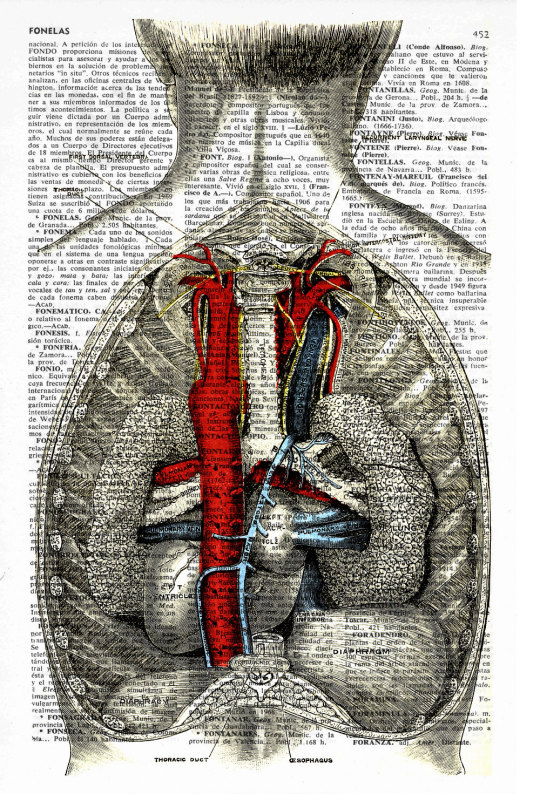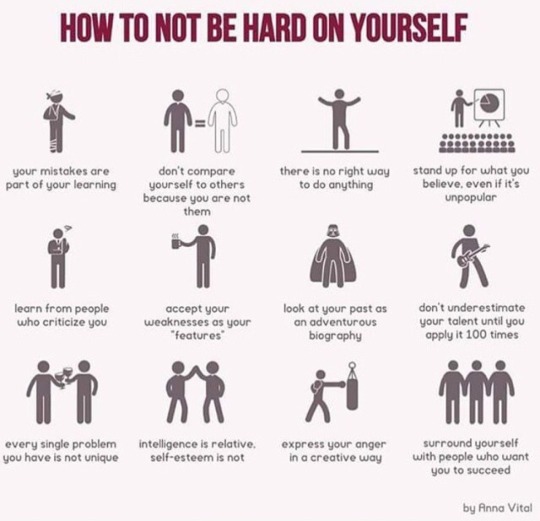Quote
You cannot be successful and help others if you are sleep deprived, malnourished, or out of shape. Take care of yourself. Find a balance and don’t let go of what defines you.
advice from a professor on my first day of grad school (via runningmandz)
84K notes
·
View notes
Text
You Can.
In less than two months I will graduate. It is a surreal experience. Just the other day I corrected a patient who referred to me as doctor, and it struck me that soon I won’t have to do that. Somehow I made it. And if I can, you can.
Medical school is a crucible; one I almost never made it to. Eight years ago I was working a job I hated in order to fund my outrageous partying habit. Through a series of life events I found myself facing a crossroad, asking “what am I was going to do that will make some difference in the world?” It was then that I found medicine.
No one thought I was serious when I said I would quit my job and go back to school. I wasn’t even sure of my sincerity. But I did it. Soon the late nights at the bar were replaced by late nights in the library. Alcohol was replaced with coffee and energy drinks. I practically moved into a local coffee shop.
During undergrad there were times I struggled. One particular day, while stressed out and on the verge of giving up, an advisor told me I might want to reconsider med school if I could not handle the stress of undergrad. A year later, I was criticized for accepting admission to my state school because I “wasn’t aiming high enough.” And when I inquired about getting an MPH in medical school I was told by multiple sources that I would not be able to handle two degrees in 4 years (most programs require you take a year off, which I did not want to do).
This May, after 4 years of medical school, I will graduate with my MD and my MPH. I have multiple journal publications. I have held positions on national committees in organized medicine. That’s not bad for a guy who “wasn’t aiming high enough.”
I am not a role model for anyone nor am I here to speak of my successes; I am just a guy that survived the experience. At every step of my journey there have been people who have tried to temper my goals with their doses of “reality.” Each time, those predictions have proven to be false. I want to share with you, the med students and pre-med students who read my blog, that you are the master of your future. I am proof that you can make it when everyone around you suggests you can’t.
Your life is just that, your life. You cannot let anyone or anything else dictate where it is headed. Maybe you had a rough past. Maybe your parents say you can’t make it. Maybe your scores don’t seem high enough. But what ever you want to do, you can do it. The world abounds with stories of individuals overcoming odds.
My point is this: I, an ordinary and unexceptional person, made it to, and through, medical school. I promise you, if I can do it then almost anyone can. Talent only gets you so far. If you have the drive, the passion, and the work ethic then you can do whatever you set your mind to. No matter who says you can’t, you can.
2K notes
·
View notes
Text
This speaks volumes to me. What I thought but couldn't quite get out there my time in undergrad. It's easy to get swept up in the rush and competition and grades and the ideal.
I add that it's not only us that's saying who we should be or should do, but also our friends, family and loved one sometimes, and that can be really hard to ignore or shake off. It adds to the shame and guilt. This is especially for non-traditional premeds, who have to explain themselves over and over and over again, as to why they aren't getting a job, going to grad school, getting married, or buying a house, to choose medicine, another 7-9 years of their life gone.
But it's because of my gap years that I now understand how important it is to reconnect back to my family and friends, myself and to strangers, and not lose sight of what it means to be human. The thought of not being good enough will always exist somewhere inside me but I can't bring myself to quit just yet.
The Importance of Vulnerability
Medicine can consume you before you see your first cadaver. You’re supposed to ace the classes, not just pass them. You must kill the MCAT, not only take it. You’re to be compassionate, but it only counts if you have more than 100 hours of volunteering that maybe turned into a leadership position and is it clinical? Because oh-ho. You need to have clinical experience too. You also have to exemplify involvement in areas other than medicine. Be a normal person. And tell your story in both engaging written and oral forms. Otherwise, it didn’t happen.
When you decide to go for something big, like medicine, inherent in the phrase “something big” is the potential for failure. On the spectrum of failure, medicine is perceived to be closer to epic fail than dust-your-jeans-off fail simply because it takes a while to become a successful medical school applicant.
In this scramble for perfection, I have periodically lost touch. I’ve become enraptured by productivity, efficiency, and consuming as much relevant information as a day will allow. It’s the academic’s FOMO that makes us determined to know as much as possible so as not to be the least intelligent person in the room. It can quickly get destructive and I’m trying to catch myself now because I imagine it can only get worse in medical school if I don’t.
I’ve started to listen to an audiobook lecture by Brene Brown on The Power of Vulnerability. (Here is her TED Talk on the same subject. Also embedded at the end of this post.) She talks about the responsibilities and obligations we put on ourselves and how they can create a sense of shame, which can be debilitating. She reminded me of a comic I was shown on how we “should” ourselves. I don’t know if my 18-year-old-self understood it correctly, but I took it to mean that when we create mental lists of what we “should” be doing and who we “should” be, we’re should-ing ourselves and shitting on ourselves.
I don’t want to shit on myself. Literally or figuratively. I’m really proud to be where I am, but especially only 3 years after deciding on this career path. It only takes milliseconds to forget this if I compare my success to someone else’s who I perceive to have done it better/faster/whatever-er. I actively fought against this mentality during my postbacc because I knew it is both ridiculous and destructive. But damn, I feel it creeping back up and I am determined to squash it before starting school!
In the purgatory between postbacc and med school, as almostdrrach put it, I am determined to better love myself and others by chilling out, going out, and enjoying company as much as possible. Many of my relationships have suffered because I have been so hyper-focused on getting into medical school. Some culminated in a natural progression but others have been strained by my absence. Re-engaging feels like learning to walk again, but I’m taking one step at a time. I don’t want to be a med-monster only focused on professional goals. I want to be in touch with my loved ones and the new people I come across. It will not only better serve me but also my future patients.
x
The Importance of Vulnerability was originally published on Premed to MD
139 notes
·
View notes
Quote
None of our textbooks could tell us the how and why of healing. They explained the basics of scientific medicine–anatomy, biochemistry, bacteriology, pathology, and physiology–each dealing with one aspect of the human body and its discontents. Within each subject the body was further divided into systems. The chemistry of muscle and bone, for example, was taught separately from that of the digestive and nervous systems. The same approach is used today, for fragmentation is the only way to deal with a complexity that would otherwise be overwhelming. The strategy works perfectly well for understanding spaceships, computers, or other complicated machines, and it’s very useful in biology. However, it leads to the reductionist assumption that once you understand the parts, you understand the whole. That approach ultimately fails in the study of living things–hence the widespread desire for an alternative, holistic medicine–for life is like no machine humans have ever built: It’s always more than the sum of its parts.
Robert O. Becker, MD (via putthatazztowork)
130 notes
·
View notes
Text
A nurse has heart attack and describes what she felt like when having one
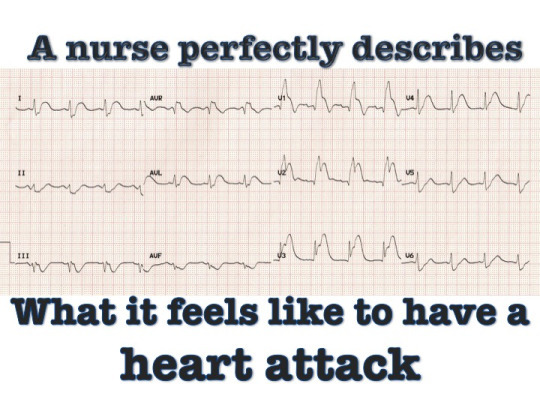
I am an ER nurse and this is the best description of this event that I have ever heard.
FEMALE HEART ATTACKS
I was aware that female heart attacks are different, but this is description is so incredibly visceral that I feel like I have an entire new understanding of what it feels like to be living the symptoms on the inside. Women rarely have the same dramatic symptoms that men have… you know, the sudden stabbing pain in the chest, the cold sweat, grabbing the chest & dropping to the floor the we see in movies. Here is the story of one woman’s experience with a heart attack:
"I had a heart attack at about 10:30 PM with NO prior exertion, NO prior emotional trauma that one would suspect might have brought it on. I was sitting all snugly & warm on a cold evening, with my purring cat in my lap, reading an interesting story my friend had sent me, and actually thinking, ‘A-A-h, this is the life, all cozy and warm in my soft, cushy Lazy Boy with my feet propped up. A moment later, I felt that awful sensation of indigestion, when you’ve been in a hurry and grabbed a bite of sandwich and washed it down with a dash of water, and that hurried bite seems to feel like you’ve swallowed a golf ball going down the esophagus in slow motion and it is most uncomfortable. You realize you shouldn’t have gulped it down so fast and needed to chew it more thoroughly and this time drink a glass of water to hasten its progress down to the stomach. This was my initial sensation–the only trouble was that I hadn’t taken a bite of anything since about 5:00 p.m.
After it seemed to subside, the next sensation was like little squeezing motions that seemed to be racing up my SPINE (hind-sight, it was probably my aorta spasms), gaining speed as they continued racing up and under my sternum (breast bone, where one presses rhythmically when administering CPR). This fascinating process continued on into my throat and branched out into both jaws. ‘AHA!! NOW I stopped puzzling about what was happening – we all have read and/or heard about pain in the jaws being one of the signals of an MI happening, haven’t we? I said aloud to myself and the cat, Dear God, I think I’m having a heart attack! I lowered the foot rest dumping the cat from my lap, started to take a step and fell on the floor instead. I thought to myself, If this is a heart attack, I shouldn’t be walking into the next room where the phone is or anywhere else… but, on the other hand, if I don’t, nobody will know that I need help, and if I wait any longer I may not be able to get up in a moment.
I pulled myself up with the arms of the chair, walked slowly into the next room and dialed the Paramedics… I told her I thought I was having a heart attack due to the pressure building under the sternum and radiating into my jaws. I didn’t feel hysterical or afraid, just stating the facts. She said she was sending the Paramedics over immediately, asked if the front door was near to me, and if so, to un-bolt the door and then lie down on the floor where they could see me when they came in. I unlocked the door and then laid down on the floor as instructed and lost consciousness, as I don’t remember the medics coming in, their examination, lifting me onto a gurney or getting me into their ambulance, or hearing the call they made to St. Jude ER on the way, but I did briefly awaken when we arrived and saw that the radiologist was already there in his surgical blues and cap, helping the medics pull my stretcher out of the ambulance. He was bending over me asking questions (probably something like ‘Have you taken any medications?’) but I couldn’t make my mind interpret what he was saying, or form an answer, and nodded off again, not waking up until the Cardiologist and partner had already threaded the teeny angiogram balloon up my femoral artery into the aorta and into my heart where they installed 2 side by side stints to hold open my right coronary artery.
I know it sounds like all my thinking and actions at home must have taken at least 20-30 minutes before calling the paramedics, but actually it took perhaps 4-5 minutes before the call, and both the fire station and St Jude are only minutes away from my home, and my Cardiologist was already to go to the OR in his scrubs and get going on restarting my heart (which had stopped somewhere between my arrival and the procedure) and installing the stents. Why have I written all of this to you with so much detail? Because I want all of you who are so important in my life to know what I learned first hand.
1. Be aware that something very different is happening in your body, not the usual men’s symptoms but inexplicable things happening (until my sternum and jaws got into the act). It is said that many more women than men die of their first (and last) MI because they didn’t know they were having one and commonly mistake it as indigestion, take some Maalox or other anti-heartburn preparation and go to bed, hoping they’ll feel better in the morning when they wake up… which doesn’t happen. My female friends, your symptoms might not be exactly like mine, so I advise you to call the Paramedics if ANYTHING is unpleasantly happening that you’ve not felt before. It is better to have a ‘false alarm’ visitation than to risk your life guessing what it might be!
2. Note that I said ‘Call the Paramedics.’ And if you can take an aspirin. Ladies, TIME IS OF THE ESSENCE! Do NOT try to drive yourself to the ER - you are a hazard to others on the road. Do NOT have your panicked husband who will be speeding and looking anxiously at what’s happening with you instead of the road. Do NOT call your doctor – he doesn’t know where you live and if it’s at night you won’t reach him anyway, and if it’s daytime, his assistants (or answering service) will tell you to call the Paramedics. He doesn’t carry the equipment in his car that you need to be saved! The Paramedics do, principally OXYGEN that you need ASAP. Your Dr. will be notified later.
3. Don’t assume it couldn’t be a heart attack because you have a normal cholesterol count. Research has discovered that a cholesterol elevated reading is rarely the cause of an MI (unless it’s unbelievably high and/or accompanied by high blood pressure). MIs are usually caused by long-term stress and inflammation in the body, which dumps all sorts of deadly hormones into your system to sludge things up in there. Pain in the jaw can wake you from a sound sleep. Let’s be careful and be aware. The more we know the better chance we could survive to tell the tale.“
Reblog, repost, Facebook, tweet, pin, email, morse code, fucking carrier pigeon this to save a life!
I wish I knew who the author was. I’m definitely not the OP, actually think it might be an old chain email or even letter from back in the day. The version I saw floating around Facebook ended with “my cardiologist says mail this to 10 friends, maybe you’ll save one!” And knew this was way too interesting not to pass on.
271K notes
·
View notes
Video
vine
Milky Way and Mt. Fuji. Yeah.
167K notes
·
View notes
Text
accept that not everyone is going to appreciate you. accept that your personality won’t mesh with everyone. accept that you are not defined by someone else’s opinion of you. accept yourself for your strengths and weaknesses. please just accept you and not anyone else’s idea of you.
146K notes
·
View notes
Text
Medblr’s! 💉 🏥 🚑 😷
I have a page on my blog where I want to make a list of medblr’s (mainly so that I can find them easily, and anyone else). This includes premeds, medical students and doctors. If you would like to be added to the list just reblog this (please add whether you are a predmed, doctor, or what year medical student) and I’ll add you!
These are the medblr’s I’m currently following and I’m looking for more to follow. I’ll follow back anyone who reblogs this (note it’ll be from my main blog)
@ermedicine @medschoolbound @sheisamedstudent @medschooldreamdiary @aspiringdoctors @medicalschool @cardiacattack @newlymed @medical-af @medblogonthego @premedtomd @supermedstudent @docitaliana @justanothermedblr @doc-in-progress @medschoolgrind @studylikeadoctor @aspiringdr @studiyng @averagepremed @thisfuturemd @flyonthewallmedstudent @medical-gal @medical-student @premedmotivation @studydiaryofamedstudent
Thank you so much for reading, I would be so grateful for any medblr’s and studyblr’s to share this! 😘
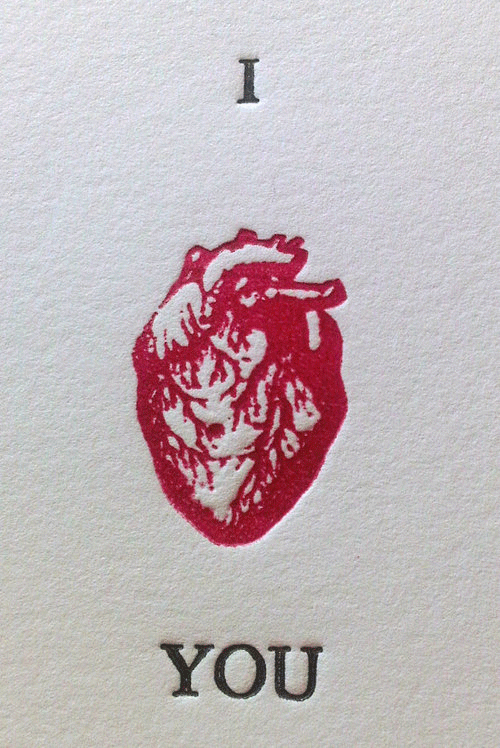
2K notes
·
View notes
Text
The thing I hate most about depression is that it tricks you into thinking you don’t have depression. It makes you think that nothing is wrong with you, that you just feel this way because you lack value as a person. Whether that’s in your relationships, your academics, or a view of yourself, it makes you think you aren’t good enough for any of that.
“It’s not the illness,” it says, “You feel this way because it’s who you are.”
371K notes
·
View notes
Text
Beautiful story, and a great, humble reminder that even as a volunteer in a nonclinical setting, you can still be very relevant and important in another persons life. All it takes is time and willingness to listen and care.
Curing vs Caring
“I want you to know, you made all the difference. Your visits were the best part of my day.”
I smiled and wished her good luck in the future. It was bittersweet to watch Jenni leave. She had, after all, been in the hospital for 3 weeks at that point. Like so many people I encounter, she had a run of bad luck. While on vacation she woke up with left sided back pain. She presented to a small community emergency department and was found to have a perinephric abscess, at which point she was transferred to my hospital.
Even before I came on service, she and her husband were known for being “difficult.” This is a word I despise in healthcare, because it is often inappropriately used. Truly there are patients who are difficult for one reason or another, but these are actually quite rare. More often I find that “difficult” patients are really misunderstood patients.
From the first moment I met them I was assaulted with questions and concerns, which became the trend for our interactions. She was, by nature, a high anxiety person and wanted constant updates on what we were doing. Though this seemed frustrating to my colleagues, I was unfazed. After the first couple days, I planned my rounding so that I could give her extra time. I began to sit with her as we chatted. Eventually I could see her anxiety melting when I was around.
Her hospital course was somewhat complicated. She developed a sympathetic effusion from her abscess and required a chest tube. The abscess, which we tried to drain percutaneously, eventually required surgery. When it became apparent she might lose her kidney she requested to talk with me.
I held her hand as we talked through her fears. I walked her through her options. She cried, worried about the outcome. It took lots of discussion but she agreed to the procedure and indeed lost her kidney in the process.
The woman who was “a difficult patient” was actually very pleasant. In our time together we hypothesized over the Rey’s future in Star Wars (is she a Skywalker??). We jabbed each other about our favorite sports teams. And she laughed as I joked about her leaning to much to the right after losing her left kidney.
My role in her cure was relatively minor. I was the 4th year med student, a sub-intern. I did not prescribe a drug. I did not perform a surgery. I was barely part of her thorocentesis. But my role in her care was substantial, and that made all the difference to her.
I see curing and caring as two parts of a venn diagram - the best healthcare happens in the middle. For Jenni, my role was caring, and that seemed to help. Honestly, between the two of use I think I got the most benefit from our interactions. I was able to know a beautiful person and to learn from her pathology. But more importantly I was able to better understand the complexities that patients bring with them.
It is easy to feel insignificant as a med student, a glorified shadow with a stethoscope. Jenni allowed me the opportunity to contribute to her care and allowed me to be significant. As she bid me farewell I wanted to say she was the best part of my day too, because she truly was. For all you med students out there struggling to understand your role, never forget about the caring. You don’t need you medical license for that, and it really can change you entire clinical experience.
761 notes
·
View notes
Photo
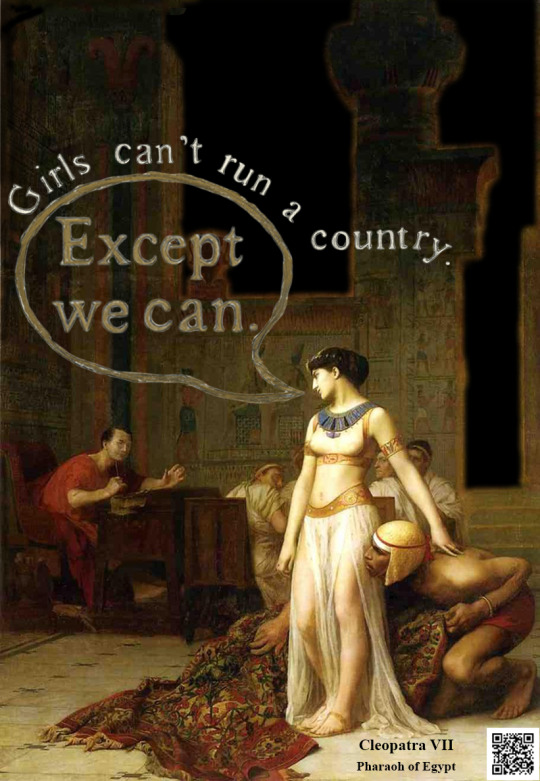
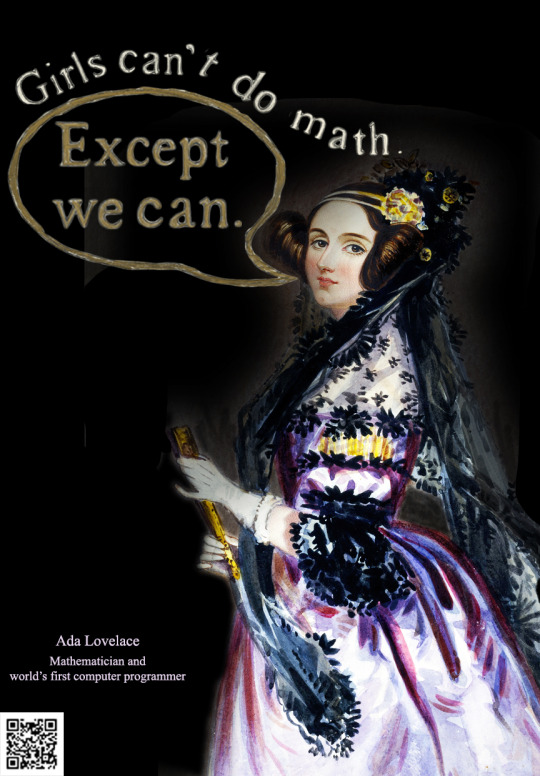






Project for my Social Psych class last semester. This poster series was created to 1) challenge these internalized stereotypes by bringing them to the viewer’s attention and 2) expand the range of role models by including a diverse group of women. Each poster follows the same basic pattern: a woman who has demonstrated her competency in a particular area refutes the stereotype that appears above her in the form of “Girls can’t …”. While the posters target girls ranging from children to young adults, I expect the message would also cause people outside that demographic to question their own beliefs about women and power. I designed each aspect of the posters with several principles of social psychology in mind:
Read More
576K notes
·
View notes
Text
isn’t the potato a “superfood”? like can’t you live on potatoes and like, milk? how can we make potatoes become exotic.
12K notes
·
View notes
